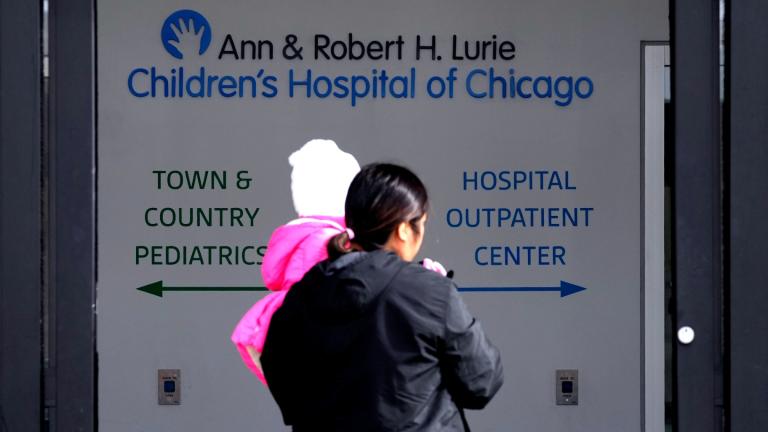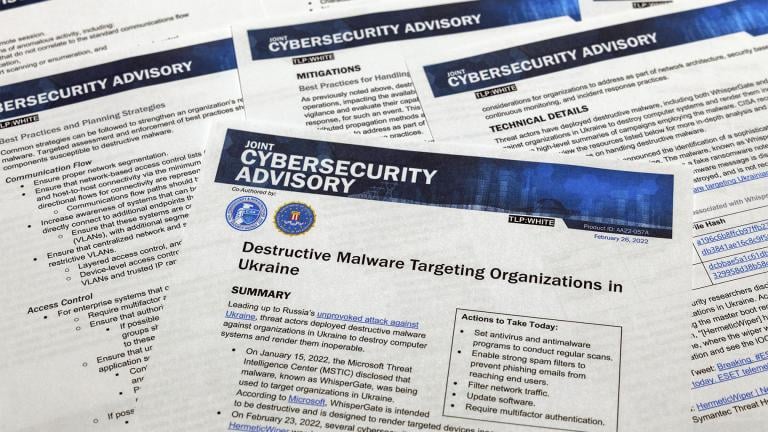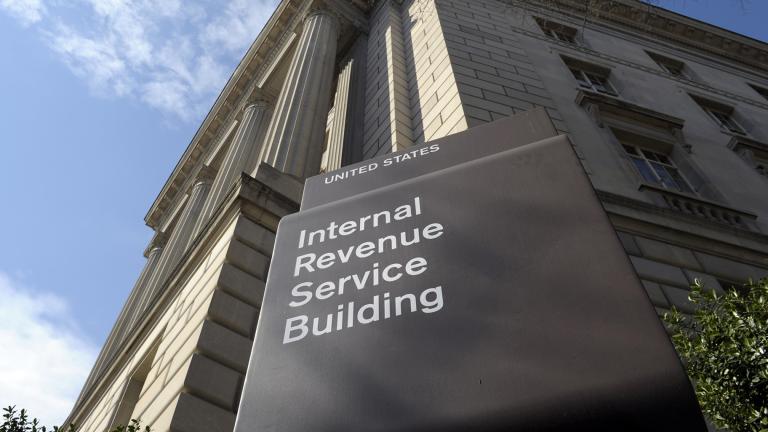In an age when the internet represents a new type of global battlefield, the U.S. government is updating its cyberwarfare tactics, including a more aggressive approach to preemptively attack foreign actors before they reach U.S. networks and enlisting help from the tech community.
On Friday, the White House released a cybersecurity strategy that lays out broad plans for securing federal technology infrastructure and networks, including “space assets” that provide navigational and intelligence-gathering services. The strategy also calls on the government to work with the private sector and academia to “advance human rights and internet freedom globally and to counter authoritarian efforts to censor or influence internet development.”
A few days before the White House unveiled its plan, the Department of Defense released an unclassified summary of a broader, classified strategy that identifies China and Russia as engaging in “persistent, aggressive cyberspace campaigns that pose strategic, long-term risks to the nation, our allies and partners.”
Perhaps surprising to some observers is the DOD’s stated plan to “defend forward” by “confronting threats before they reach U.S. networks.”
Theresa Payton, who served as the White House’s chief of information from 2006 to 2008, said sometimes a warning serves as a good defense.
“This administration and the Department of Defense discussed having tactics at their disposal, including cyber tactics from a militarily might perspective, and being able to signal to the adversaries [that] we have offensive capabilities,” said Payton, now CEO of the cybersecurity company Fortalice Solutions. “Sometimes telegraphing to the world that we have an incredible offensive capability is … your best defensive strategy.”
In May, United States Cyber Command, the military’s fleet of hackers, was elevated to the status of a unified combatant command by the DOD, a move that gives Cyber Command more operational autonomy.
Some lawmakers are pushing for ethical hackers to find the faults in government networks via the Department of Homeland Security, the federal entity tasked with protecting the nation’s critical tech infrastructure.
Payton, who is in town to speak at Cyber Security Chicago, joins us to offer her thoughts on the state of cybersecurity, both in the U.S. and abroad.
Follow Evan Garcia on Twitter: @EvanRGarcia
Related stories:
Russian-Backed Hackers Infiltrating US Power Grid
If Atlanta Got Crippled by a Cyberattack, How Safe Are You?
Cook County Sues Facebook, Cambridge Analytica for Consumer Fraud








